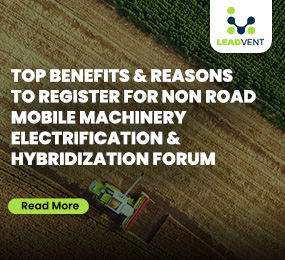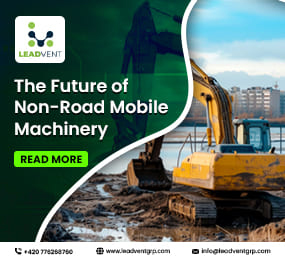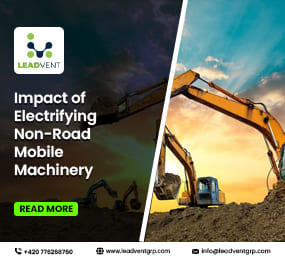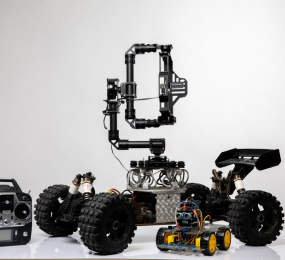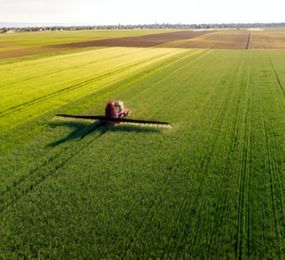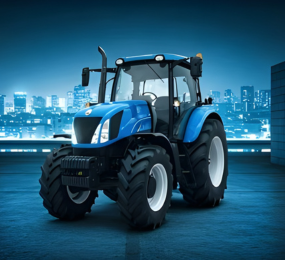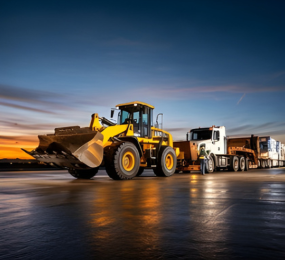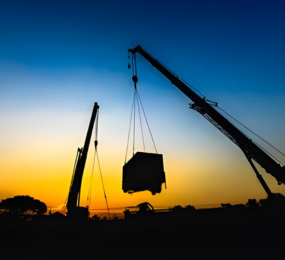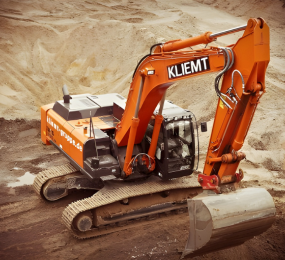Decarbonizing Non-Road Mobile Machinery: Powering Industry with Cleaner Intent
When we think of decarbonization, our minds often go straight to electric cars, airplanes, or renewable energy. Yet, there’s a quieter but equally important frontier that plays a major role in emissions: non-road mobile machinery (NRMM). From construction sites and mining operations to ports and agricultural fields, these machines work behind the scenes to keep essential sectors moving and they are now in the spotlight of climate and clean energy conversations.
Non-road mobile machinery includes everything from excavators, bulldozers, and forklifts to harvesters and airport ground support equipment. While these machines don’t drive on public roads, their environmental footprint is significant. Powered largely by diesel engines, NRMM contributes notably to carbon emissions, local air pollution, and noise in urban and industrial environments.
Why It Matters Now
As regulations tighten and global attention shifts to sustainable development, the call to reduce emissions from all sectors not just transport or power is growing louder. Cities and countries aiming for carbon neutrality are recognizing that decarbonizing NRMM is no longer optional; it’s a necessary part of the equation.
Decarbonizing these machines, however, is complex. They operate in rugged conditions, demand high power, and often run for long hours away from grid access. But technology is catching up. Electrification, alternative fuels like hydrogen and biofuels, and hybrid engines are becoming increasingly viable. Major manufacturers are now investing in electric excavators, battery-powered loaders, and hydrogen-fueled cranes that meet both performance and sustainability goals.
Bridging Industry Needs and Sustainability Goals
One of the key challenges is ensuring that sustainability doesn’t compromise productivity. In construction or mining, every delay has a cost. The good news is that new battery technologies and modular charging systems are being designed specifically to suit harsh environments and long-duty cycles.
Governments and local authorities are also stepping in with policy support, incentives, and low-emission zones that encourage (and in some cases, require) cleaner machinery. Public tenders and infrastructure projects increasingly prioritize contractors that use low- or zero-emission equipment.
It’s also about creating a circular mindset. More companies are exploring remanufacturing, retrofitting, and efficient fleet management to reduce emissions without fully replacing machines balancing sustainability with economic realities.
Takeaway Point
Decarbonizing non-road mobile machinery is one of the next great leaps for industrial sustainability. While the path forward is layered with challenges, it’s also full of opportunity. With innovation, collaboration, and policy alignment, the machines that build our world can also help protect it paving the way for a cleaner, quieter, and more responsible future across all industries.
Learn more on our website: https://www.leadventgrp.com/events/2nd-annual-non-road-mobile-machinery-electrification-and-decarbonization-forum/details
For more information and group participation, contact us: [email protected]
Leadvent Group - Industry Leading Events for Business Leaders!
www.leadventgrp.com | [email protected]


